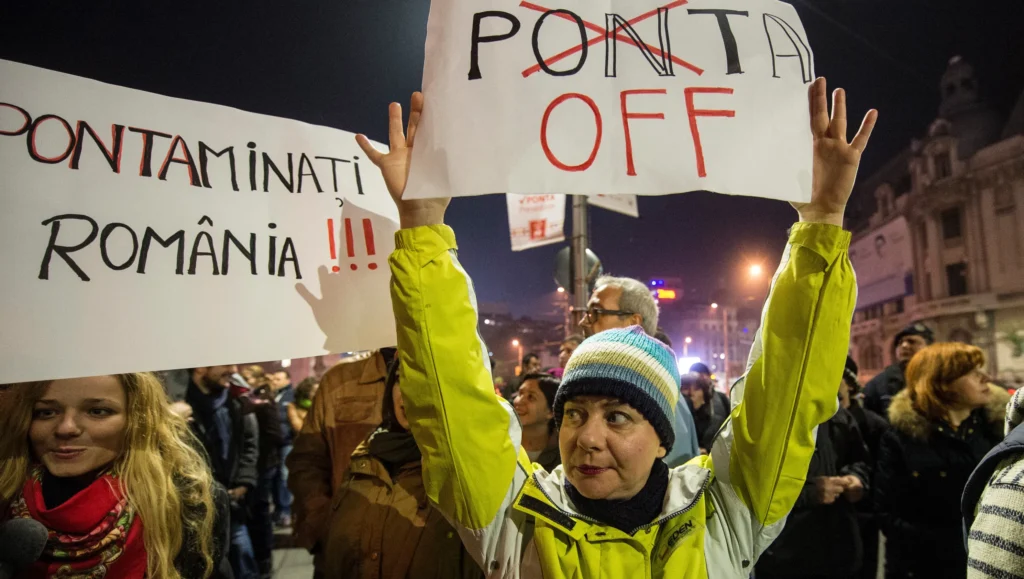Romania’s top court has annulled the ongoing presidential election due to allegations of Russian meddling, throwing the nation into political turmoil. The second-round vote, scheduled for Sunday, has been canceled, and the electoral process will be restarted, the court announced on Friday.
The annulment comes as far-right candidate Calin Georgescu, a pro-Russian figure, faced off against centrist pro-EU leader Elena Lasconi. Georgescu’s unexpected surge to a first-round victory after initially polling in single digits raised questions about election integrity.
In its decision, the court cited the need to “ensure the fairness and legality of the electoral process.” However, a detailed explanation is pending release. Current President Klaus Iohannis, whose term ends December 21, will remain in office until a successor is elected.
Russian Meddling Allegations
Romania’s intelligence agency declassified documents this week revealing “aggressive hybrid Russian attacks” during the election, including coordinated TikTok campaigns and cyberattacks targeting election systems. Georgescu’s campaign has come under investigation for potential illegal activity.
While TikTok denies favoring Georgescu, intelligence reports highlight extensive social media manipulation. Romania’s anti-organized crime prosecutor, DIICOT, has launched an inquiry into the allegations.
Reactions and Implications
The ruling has sparked outrage among opposition figures. Lasconi condemned the decision as “illegal and amoral,” while Social Democrat Prime Minister Marcel Ciolacu supported it as the “only correct solution.” Analysts warn the decision could destabilize Romania’s democratic institutions and lead to street protests.
Georgescu’s eligibility for the re-run is uncertain, with experts predicting his potential exclusion. If elected, his pro-Russian stance could disrupt Romania’s pro-Western alignment as an EU and NATO member.
Meanwhile, financial markets reacted positively to the decision, with Romanian bonds strengthening, reflecting investor confidence in the preservation of EU and NATO relations.
The court’s decision has heightened political tensions, leaving Romania’s future course hanging in the balance.



